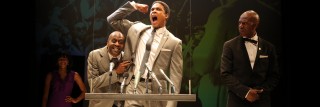
Public Programs
LET’S TALK
We aim to make theatre that gets people talking. When we’ve done our job well, audiences pour onto East 4th Street eager to discuss and debate a production—its reflection of the world; its explosion of theatrical norms; its provocations and its surprises.
Because we believe that theatre is deeply connected to the world, we believe it’s essential to create forums where people can talk about the issues and ideas raised in our work. It’s only by connecting to peoples’ lives outside the theatre that art can truly change the world.
LEARN MORE
AfterWords, our post-performance discussion series, gives audience members a chance to engage with a production after the curtain comes down. With guests ranging from actors and creative team members to scholars and community leaders, the facilitated conversations provide historical and artistic context for a production and invite audiences to explore the artistic process and themes of the piece more fully from a variety of vantage points.
SHARE YOUR THOUGHTS
Our audiences are such a fascinating, insightful group of people that we decided to create ShopTalks, a discussion series where audience members can talk to each other about our productions. Led by a member of our staff, these lively book-club-style conversations allow viewers the chance to ask questions and to voice thoughts they have about our work—and, of course, to connect with other theatre-lovers.
KEEP EXPLORING
Want to learn more about the artists behind a production? Curious to understand the historical context of a play? Check out The NYTW Blog, our multimedia blog. With dramaturgical and educational resources that can enrich the experience of our work, our blog articulates one of the core beliefs behind everything we do at NYTW: No piece of theatre exists outside the broader cultural and political landscape.
JOIN THE COMMUNITY
Through our For the Culture Series (FTC), NYTW seeks to bridge the gap between the world we know and the world we are actively striving to build – where we harness the power of theatre to deepen human connections by learning and growing from the lived experiences of each other; connect through art, shared customs, traditions and heritage(s); and where we amplify artists and work by traditionally underrepresented groups or individuals, creating access to the Workshop for historically marginalized communities in order to build and sustain authentic relationships with our fellow community members and theatergoers.
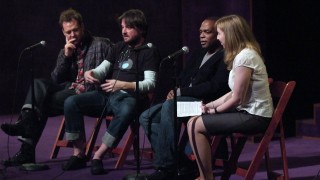
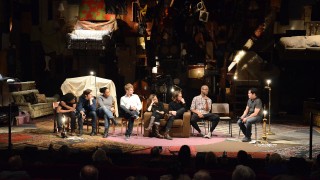
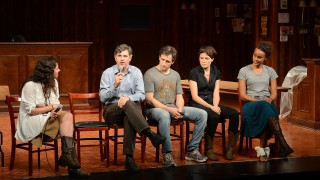
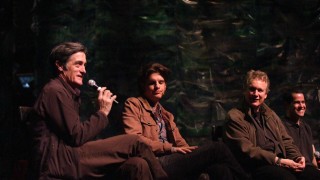
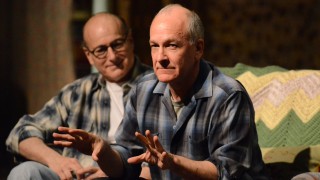
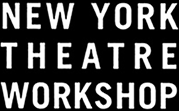
 My Cart
My Cart My Account
My Account Gift Certificates
Gift Certificates Find Us
Find Us